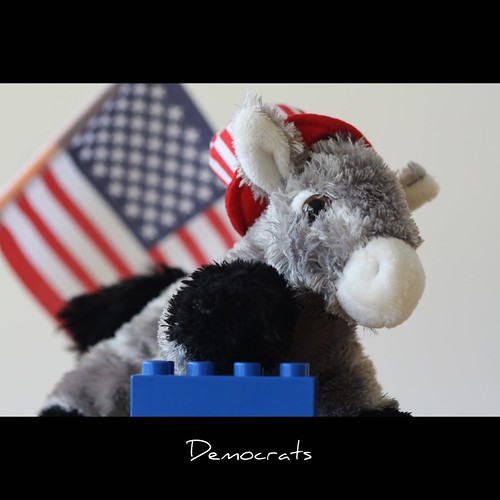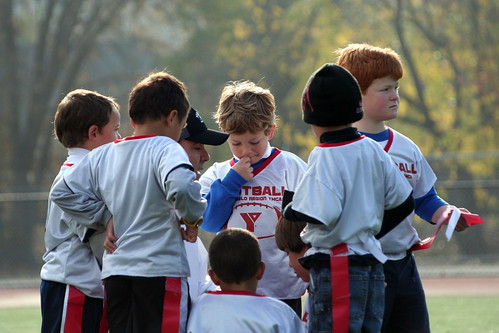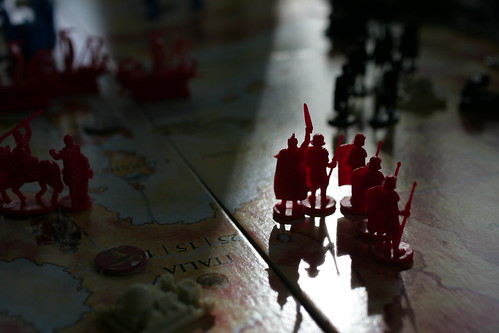
In class # 3, we talked about rationality. While caricatures of economics and game theory posit that rationality is the same thing as maximizing money, the reality is more nuanced. One needs to pay attention to non-pecuniary factors like fairness, identity, pride, altruism, spite, and so forth. The tools of game theory are flexible enough to handle these sorts of additions. Indeed, the art of successful "mind reading" is getting the game right in the sense of including all relevant factors determining a rival's payoffs.
We also talked about the fundamental rule of game theory: look forward, reason back. Through this rule, we discovered that the competition among teams for a player in the presence of a right of first refusal option was largely illusory. We also discovered that a press release designed to deter entry can only be successful to the extent that the threats and promises offered are credible.
Side notes: Results from McCain are due by midnight of 1/30/12. Also, I've fixed the calendar entries in the syllabus.



